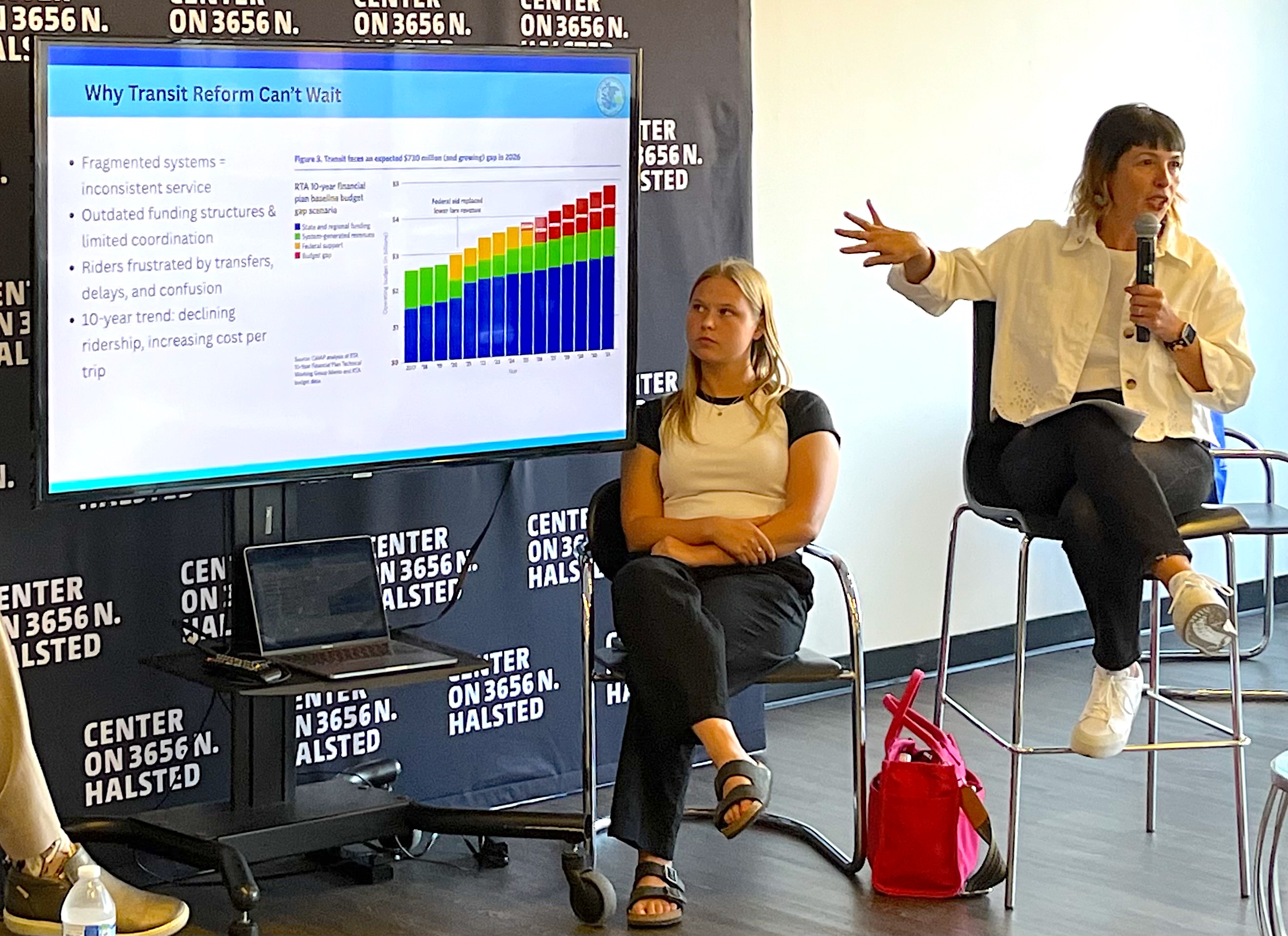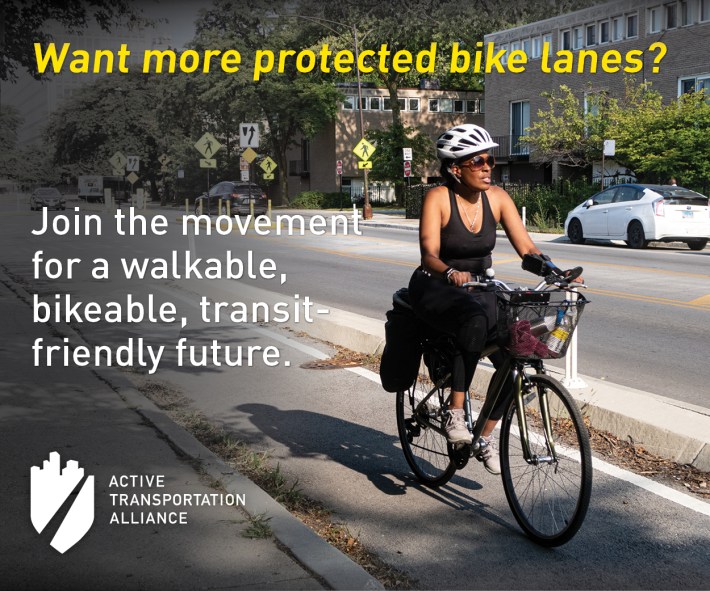
"If I get home before daylight
I just might get some sleep tonight"
- "Friend of the Devil" by The Grateful Dead, 1970
In case you haven't heard the great news, the $1.5 billion transit reform/funding bill that had been in the works for as long as we can remember, and was in danger of getting derailed, passed the Illinois General Assembly this morning. Governor JB Pritzker, who initially opposed the recent draft from the House, seems to be onboard with the version that passed, so presumably he'll sign it soon.
Read a few of Streetsblog's immediate responses to the awesome tidings here, and we'll have more to say about it in the near future. But let's cut to the chase with our post-vote interview with one of the key champions of the legislation, Illinois House Majority Leader Eva-Dina Delgado.
John Greenfield: Do you want to try to keep the conversation under 10 minutes?
Leader Eva-Dina Delgado: Yes, I haven't had much sleep. [Laughs.]
JG: OK. I was going to ask, Did you get any sleep last night?
LED: I got a couple hours. We finished up, I think, a little after 2:30 [a.m.] and then I wanted to make sure that I was able to watch the Senate's debate, and see that cross the finish line. So I was up until about five.
JG: Geez, Louise! So the Senate debate went till five?
LED: Something like that. Yeah, I was a little delirious there towards the end. [Laughs.]
JG: Must be a good kind of delirium. So what are your secrets, like, how do you keep your brain together while staying up that late? Do you have a beverage of choice you drink while working? Are you into Jolt Cola, or what's your thing?
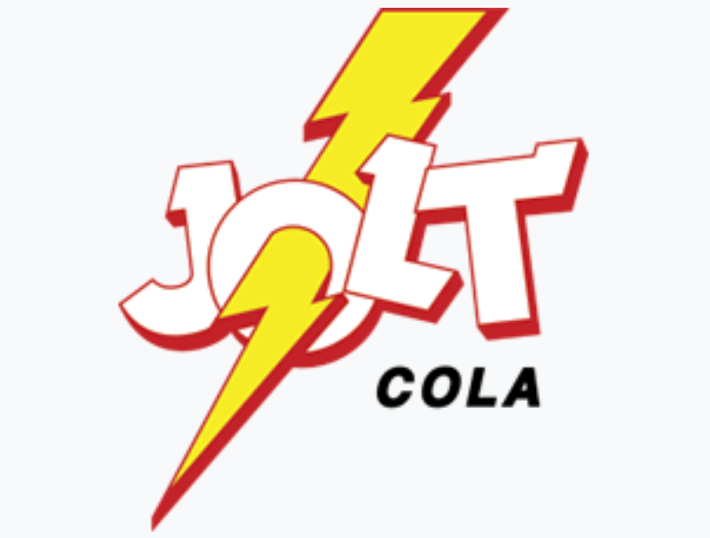
LED: [Laughs.] I think the nerves probably kept me going last night.
When you work on something for five years and you finally get to that finish line, there's just so much adrenaline pumping through your body at that point that I probably could have stayed up all night if I needed to.
I would also say that my colleagues were amazing, the folks that I've worked with on this legislation have been there helping because none of this gets done by yourself. You've got to have partners in this work, and they certainly kept me going.
JG: The people I think of as key players in the Springfield drama were yourself and Rep. Kam Buckner on the House side, in terms of Democrats, and then Sen. Ram Villivalam for the Senate. And then, of course, we had Senate President Don Harmon and House Speaker Chris Welch.
It also seems like Brad Stevens a Republican representative, deserves some credit for co-sponsoring this bipartisan bill. Would you say that's an accurate assessment?
Yeah baby! bsky.app/profile/itsk...The GOP rep who is co-sponsoring the House transit bill is Brad Stephens. We interviewed him.chi.streetsblog.org/2025/09/25/r...That guy is definitely in the running for the title of "Coolest Republican Since Honest Abe."
— Streetsblog Chicago (@chi.streetsblog.org) 2025-10-31T02:34:16.285Z
LED: I would agree. I would also mention that there were about 15 members of the Public Transit Working Group on the House side, and so while they may not be highlighted terribly often, they spent hours and hours with us working through a solution for a lot of the stuff that's in this transit bill. So they deserve a lot of credit as well.
JG: So to be honest with you, during this process, I was a little concerned that over at the House, you folks were letting the perfect be the enemy of the good. You were just kind of overthinking, making sure this was the exact right combination of reform and funding.
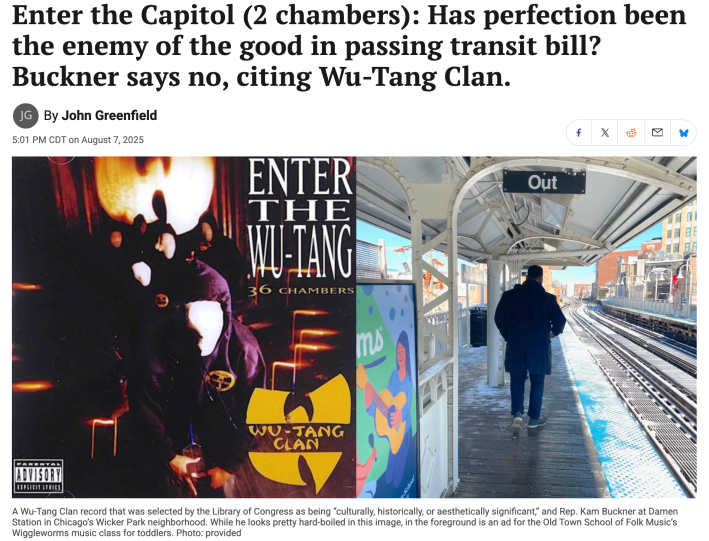
And then ultimately, what you came up with, it didn't fly. The governor just dismissed a lot of what you proposed. I was worried that the bill wasn't going to pass at all and this would get kicked down the road until the spring, and there would be service cuts and layoffs. But somehow you folks were able to pull this together really quickly. Was the Governor's Office helpful in helping you find a solution at the end?
LED: I just want to remind you, when the Senate passed their version [last May] there were a lot of folks on the House side that did not like the revenue package. And vice versa, when our version passed out of committee, I think there were a lot of folks on the Senate side who weren't particularly happy. And I think the governor, he wanted to make sure that whatever came across the finish line was something that he could be comfortable with as well.
So yes, we had been working with the Governor's Office throughout this process, over the past, I want to say, almost a year and a half, and they've been very engaged. And I think they wanted to allow the legislature to work through their process. That may not always be simple and direct. Democracy is a little messy sometimes. [Laughs.] I'm very glad that all of us came together and found the solution.
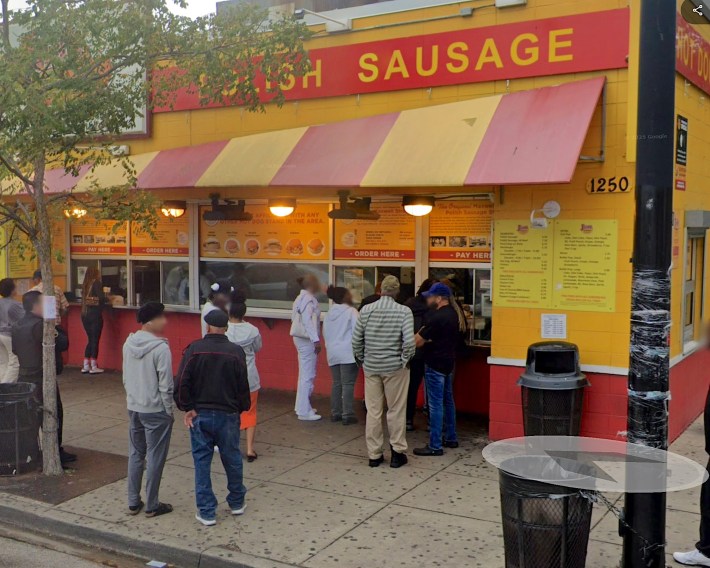
JG: From my cursory read of it, it seems like they really did come up with a good combination of stuff. While Chicagoland transit is very important to the whole Illinois economy, and the bill was going to have funding for Downstate systems, I can also see the argument that people in [Far Downstate] Cairo shouldn't have to pay a "Burrito Taxi Tax" on deliveries to fund transit in the Chicago region.
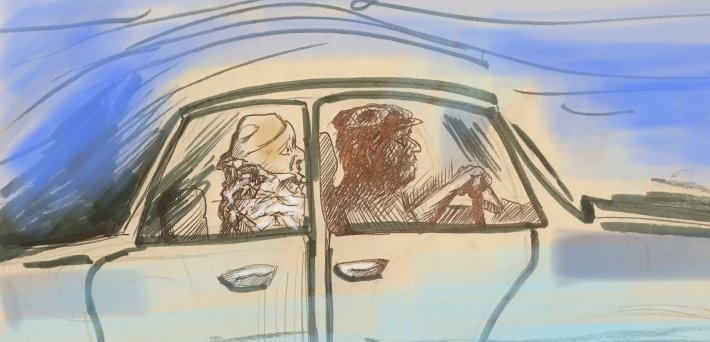
So you came up with something that doesn't have too many statewide tax hikes. And it's awesome that you were able to come up with raising tolls and using the Road Fund for this. Those seem like things that Local 150 might have been very opposed to, but they came on board. So that's impressive. How do you feel about that?
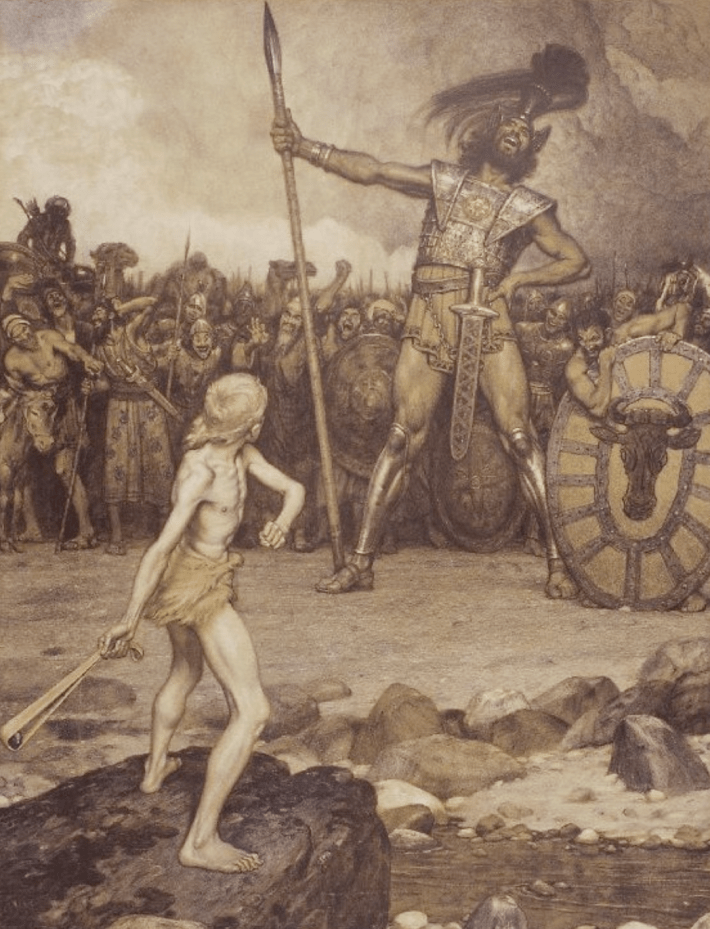
LED: Every time that we take on something this consequential and big in Springfield, I think that it's a part of our process that everybody comes together and tries to figure out how to get these things done. This is not just an investment in northeastern Illinois transit, although that's a big portion of what we're talking about. But it's also an investment [of $129 million] in Downstate transit, and so we're utilizing the transportation dollars that are already in revenue streams that exist and redirecting them to be able to improve that those transit systems across the state.
So I'm really excited that we're able to use transportation dollars on transportation items. And I think sometimes we forget that transit is an incredibly important part of the transportation and infrastructure system in the state.
JG: Yeah, that's a great point, that the bill is using transportation money for sustainable transportation. Maybe they should change the name from the Road Fund to the Transportation Fund from now on.
LED: [Laughs.] If you listened to the debate last night, I brought that up a couple of times. [Laughs.] I said, "We need to stop calling this the Road Fund, because it's really a Transportation Fund. I had to correct the record a couple of times on that.
JG: So besides funding, one thing that was controversial was the collar county folks were not happy about the [proposed Northern Illinois Transit Authority, the brawnier umbrella agency that would replace the RTA] board voting structure that would allow a 15-to-five override. That would permit the City of Chicago, Cook County, and the State to overrule the collar county representatives. And the same would also be true if the collar counties wanted to ally with the State and the County to override the City. So what ultimately was approved, and do you think the collar counties can live with it?
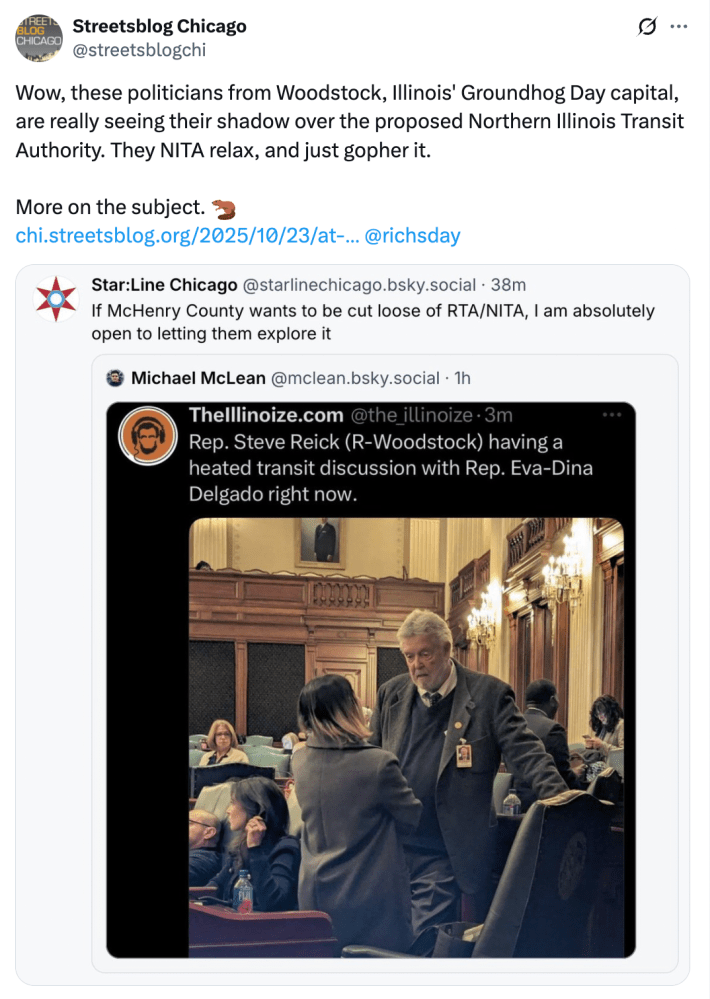
LED: The final version of the bill required a supermajority to pass through the NITA board, the 15 vote override. But if there are two voting members from each appointing authority bucket who vote in favor [a measure can pass with only 12 votes.] So there's two ways for the board to be able to take action.
It was really important to me in this conversation that every portion of the region had a voice. And when we started talking about these appointments and agreeing on the final version, I had to remind our group, as we were talking, and particularly folks who represent collar counties, that we are making appointments for offices, not necessarily people.
And so when we think about what this system looks like 20 years from now, we want to make sure that things can move through this process without having stasis, because there might be interests that just stop everything on every corner. It's something that we have seen at the RTA board level. It's one of the things that makes it dysfunctional. And so we had to find a way to address that. And I think we did. And I think if 15 board members, which is an extraordinary majority, agree to something, then I think that that is an appropriate way to make decisions.
JG: Did parking reforms and [transit-oriented development] initiatives make it into the final bill?
LED: Yes, they did. The ban on parking minimums, is a part of this legislation,
and the [equitable] TOD, and also the transit-to-trails language made it in there. So there is a commitment through this legislation to encourage more sustainable development, not only in northeastern Illinois, but across the state. And we tried to work with municipalities to make sure that they would continue to retain local control, and that they would be able to work with NITA in the future to be able to plan out those equitable TODs as well.
JG: All right, well job well done. You certainly made my Halloween a lot more fun.
[Delgado laughs.]
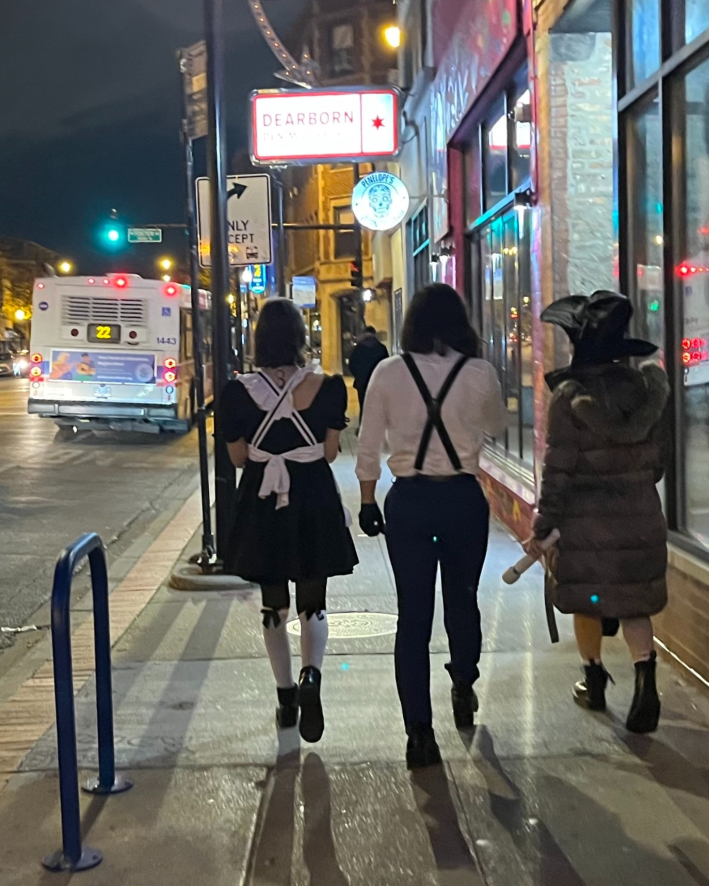
Do you have any plans to celebrate this victory?
LED: You know, I am still in Springfield, and I'm hoping to get home sometime this afternoon and maybe just sit down and relax for a minute and not think about transit. [Laughs.] And then maybe on Monday, we'll start putting together what our plans are for implementation on this, and I hope to have some conversations with some transit agency management.
JG: All right, sounds like a good plan. Again, thanks for your work on this, and go get some well-earned rest.

Do you appreciate Streetsblog Chicago's paywall-free sustainable transportation reporting and advocacy? We officially ended our 2024-25 fund drive in July, but we still currently need $42.5K to complete our budget and keep publishing at full strength in 2026. We'd appreciate any leads on potential major donors or grants. And if you haven't already, please consider making a tax-deductible donation to help us continue publishing next year. Thanks!
